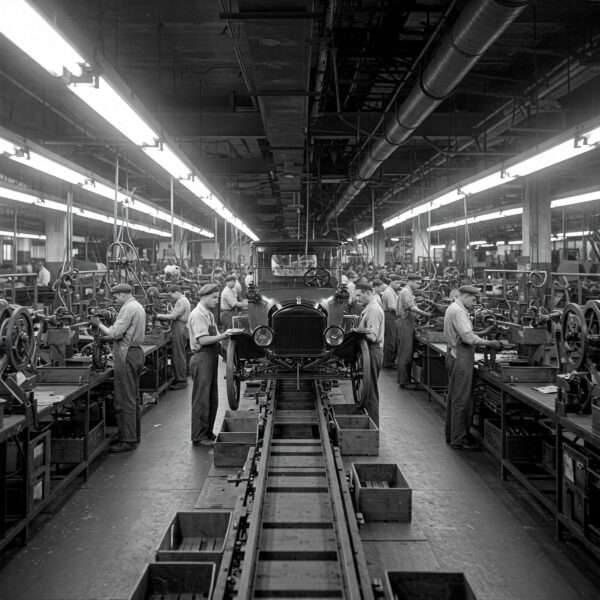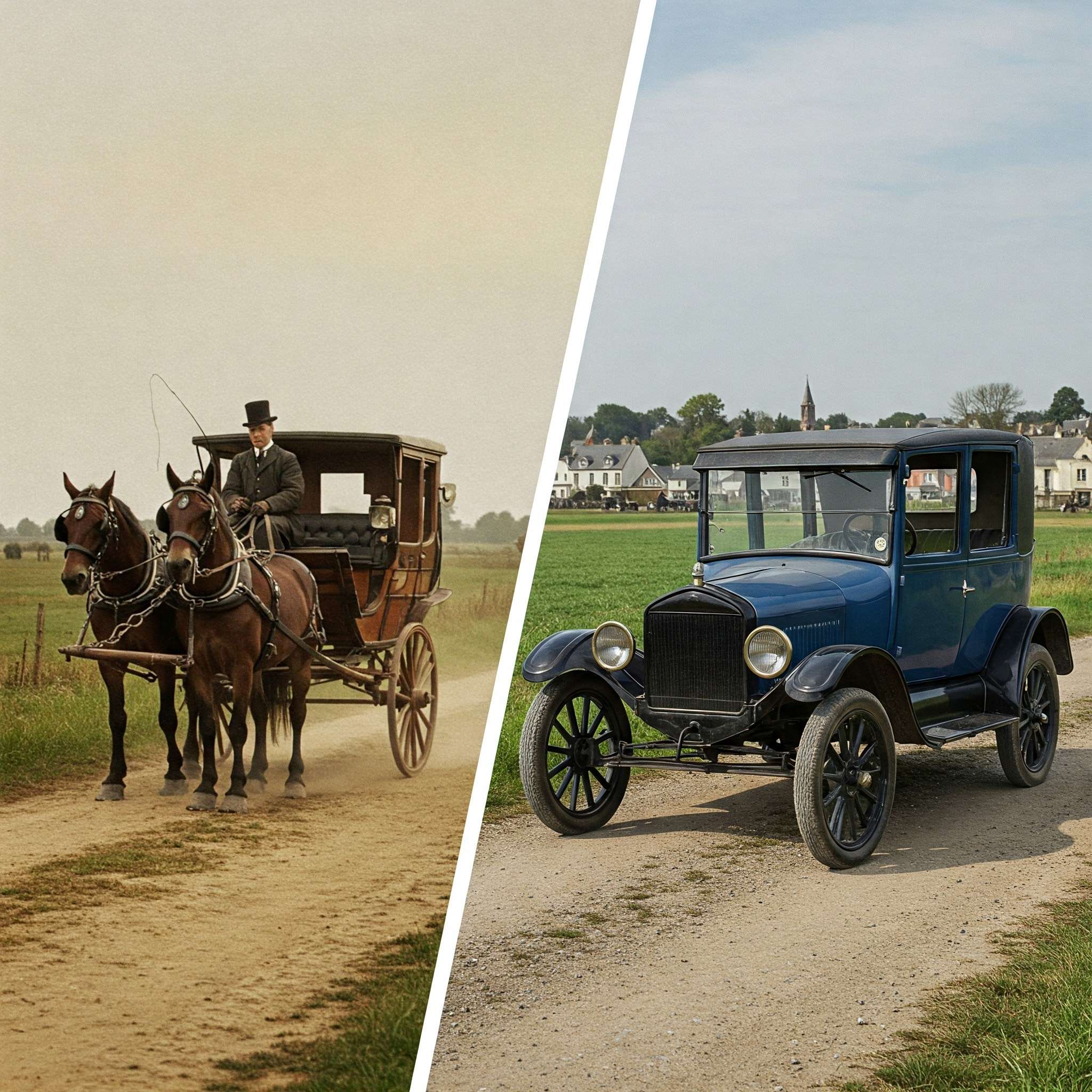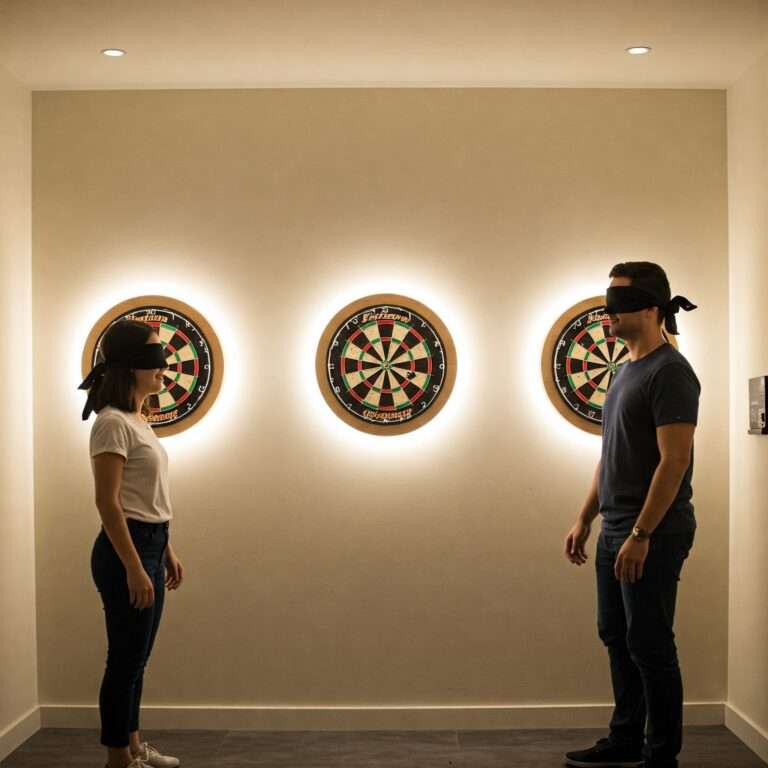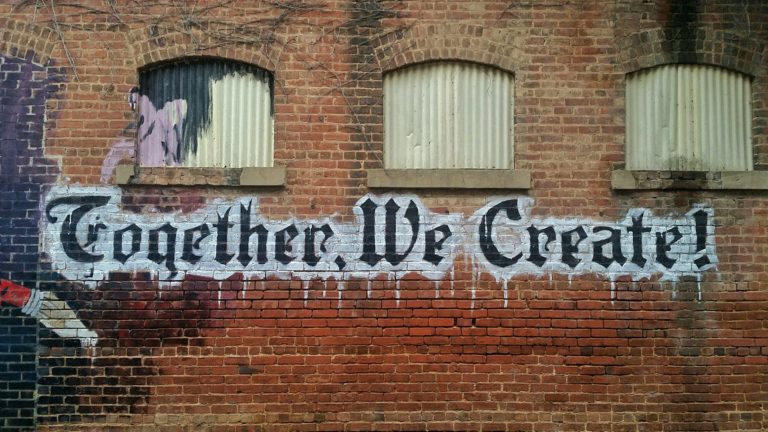Are you a carriage maker or a car dealer?
Henry Ford showed the world how to make things, now AI is unmaking them
One of the themes I talked about in my post about the state of finding and hiring for jobs, was the tsunami of job losses that are coming borne by the horsemen of AI. Shopify already put its employees on notice that the shift to AI is here now and it’s sink or swim.
It’s a pretty harsh reality. But it’s also a reality I’ve been thinking about in my own career. Content marketing seems to have changed in the past four years, and I’m not quite sure where I fit in anymore. It raised the old “buggy whip maker” and cars trope (which I think misses the point) in my mind until I thought of a better analogy. Right now, all of us are wagon and carriage makers watching Henry Ford roll out his Model Ts. We see the change. We know the change is going to upend things, but some folks don’t think it’s going to really affect them.
Of course they were wrong.
From carriages to cars
When cars first came out they were bespoke. Each one handcrafted for the new owner. Carriage, buggy, and wagon makers weren’t really under threat then. Only a few people could buy these expensive toys. They weren’t terribly practical. Even the infrastructure to support them wasn’t built. I’m sure some visionary carriage makers saw they could get in on the automobile action by making chassis and other parts for new car makers. Really smart carriage makers might have even tinkered with making their own horseless carriage.

Then came Henry Ford.
Of course, cars didn’t replace horses right away, but the writing was on the wall. I’m sure a few carriage makers shifted to other things like furniture building. Others might have helped design the next generation of cars. I’m betting a lot of them though lost their way and might not have ever found it again. Relics cast aside by the unceasing march of technology and progress.
And that’s all of us in the face of AI.
AI will be able to do your job
This week in Christopher Penn’s Almost Timely News, he put the AI and jobs trope to rest:
In fact, AI is becoming so alarmingly powerful that last year, I retired the old saw that “AI won’t take your job but someone using AI will”. That’s mostly untrue now. Can AI do your entire job the way you do it? No. Can it consume so many of your tasks that your position could be consolidated and eliminated? Yes. AI models like OpenAI o3, Google Gemini 2.5, and the upcoming DeepSeek R2 are so incredibly smart (properly prompted) that there are few tasks they can’t make serious contributions to.

I’ve read about mortgage applications that can be completed faster and better than people. Christopher’s own examples talk about using AI to complete expense reports and evaluating RFPs. So we’re looking at wholesale changes to how we will—and won’t—be working in probably less than 5 years. I figure tedious things like content audits, SEO analysis, metrics reviews—things I hated doing as a content marketer—are soon going to be done by AI agents. I’m toying with a few myself; building my own content assessment toolkit to use for clients.
The big question is—well what now—and funny enough, LinkedIn gave me the answer tonight.
It’s not a wake up call, it’s a bucket of ice followed by a slap in the face
John Cutler wrote this on LinkedIn:

If you are a Director+ and you haven’t written an email to your team relaying your deep existential anxiety and fear regarding AI masquerading as a “wake up call”, you’re simply not doing your job. Here’s a prompt that can help:
“Write a message from the CEO of a company. The message should be around three paragraphs long, plus a bulleted section. The tone should evoke deep anxiety about AI and its impact on the business, with the goal of transferring that anxiety to employees in a visceral way. It should make readers feel a sense of existential urgency about their careers and livelihoods in the face of accelerating AI disruption.
The message should:
Instill a fear-driven urgency that compels employees to adopt AI in everything they do, regardless of current usefulness.
Use extreme dichotomies (e.g., adapt or die), hustle-culture language, and sweeping generalizations.
Make helping the company win in the AI era feel inseparable from personal survival.
Be written in a raw, emotionally charged style—drawing inspiration from Bukowski, Hunter S. Thompson, Steve Jobs, and Elon Musk.
Include a bullet-point section with action items that reinforce the message’s pressure and tone.
Do not soften the message with reassurances or acknowledgments of nuance. This is a wake-up call.”
Yeah, that’s intense. So, of course I threw it into Gemini (2.5 Flash experimental) to see what would come out the other side. I was not disappointed:
Subject: The Machines Are Coming. Your Move.
Alright, listen up. Forget everything you thought you knew. Forget comfortable. Forget predictable. The ground is dissolving under our feet, and it’s happening at the speed of light, driven by something cold, indifferent, and impossibly powerful: AI. We are staring down the barrel of a revolution that won’t just change how we work; it will fundamentally redefine if we work. This isn’t some distant future sci-fi nightmare; it’s here, now, kicking down the door. The comfortable silos, the established routines, the idea that your current skillset is a golden ticket – that’s all burning to ash. You’re either on the train, or you’re roadkill. There is no in-between, only adaptation or obsolescence. Feel that knot in your stomach? Good. That’s the feeling of reality biting hard.
This isn’t about optimization anymore. It’s about survival. Your survival. The company’s survival. They are inextricably linked, like blood and bone. Every single one of you needs to understand that the work you did yesterday, even last week, is already becoming a relic. AI isn’t just a tool; it’s an entirely new species of competitor, capable of learning, adapting, and executing at a scale and speed that makes human effort look like a flickering candle against a wildfire. If you think you can coast, if you think your corner of the business is safe, you are deluded. This wave is cresting, and it will wash over everything. Your only hope, your only goddamn chance, is to become a part of the wave, to ride it, to harness its power before it drowns you. This is a brutal, unforgiving landscape, and only the relentlessly adaptable, the fearlessly experimental, will make it.
So, let the anxiety fuel you. Let the uncertainty sharpen your edge. We are not going to be spectators in this seismic shift. We are going to be players. And that means radical change, starting now. Embrace the chaos. Dive headfirst into the machine. Integrate AI into every damn thing you touch, even if it feels awkward, even if you don’t see the immediate payoff. Experiment relentlessly. Break things. Learn faster than you ever thought possible. The luxury of slow, considered adoption is dead. We are in a sprint for our lives, and the finish line is moving. Your future, your career, your ability to provide for yourself and your family – it all hinges on your willingness to confront this head-on and transform. This isn’t a suggestion; it’s a mandate. The time for hesitation is over.
Here’s what needs to happen, yesterday:
- Identify 3 tasks you do daily that can be immediately delegated to or augmented by AI. Do it. Now.
- Spend a minimum of one hour each day experimenting with a new AI tool or platform relevant to your function or the business. No excuses.
- Propose at least one radical, AI-driven change to a core process within your team or department by the end of the week. Think big, think disruptive.
- Actively seek out and share knowledge about AI with your colleagues. Ignorance is a terminal condition in this new world.
- Quantify and report on the impact of your AI adoption efforts weekly. Show, don’t just tell, how you’re fighting to stay relevant.
I pasted that in just as it came out (after having it formatted for Markdown, of course). I didn’t fix the poor use of em dashes. I didn’t change a thing.
And I think it’s spot on. Intense. Brutal. Raw. But not wrong.
Your move

I started this post reflecting on my own career. I’ve actually been reflecting on my career all weekend. It’s pretty clear status quo ain’t cutting it anymore. Status quo is status mortem. I think, because I like teaching people about tech and like helping people navigate new technologies, there is going to be a space for me to “AI optimize” content marketing teams for AI. This isn’t going to last long, but it’s going to last long enough for me to be working on the next thing.
And I’m going to need to upskill a bit, invest in some classes to learn more advanced AI skills. I haven’t set up and installed my own AI model. I keep seeing n8n pop up—I’ve already seen job ads reference it—so that’s on my list to learn more about. I need to build more, test more, experiment more. I need to do all the things that the fictional letter points out. And, honestly, so do you.
What’s your next move?






